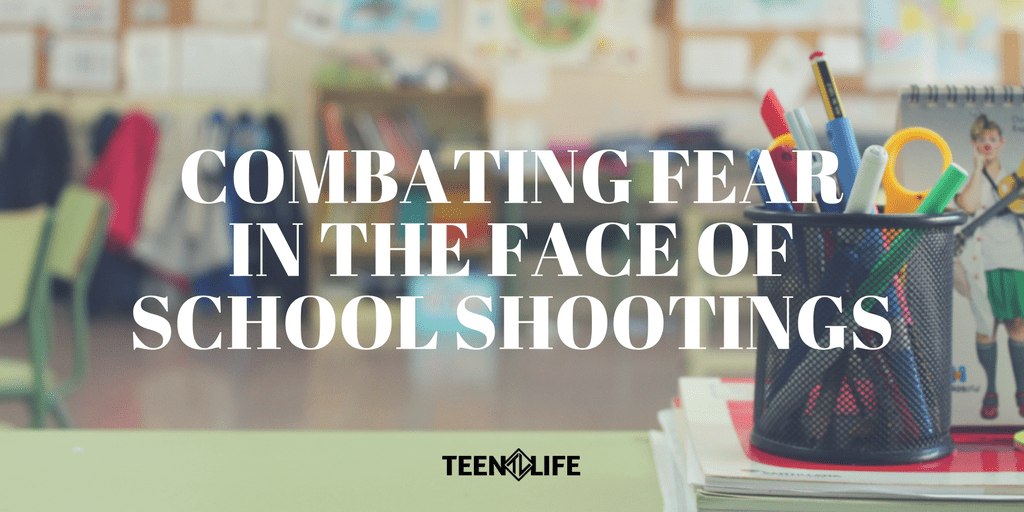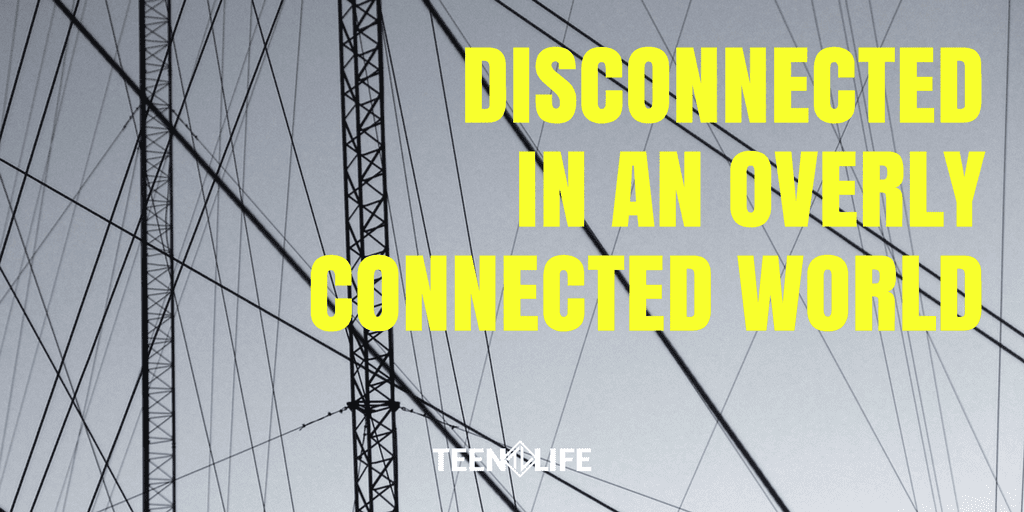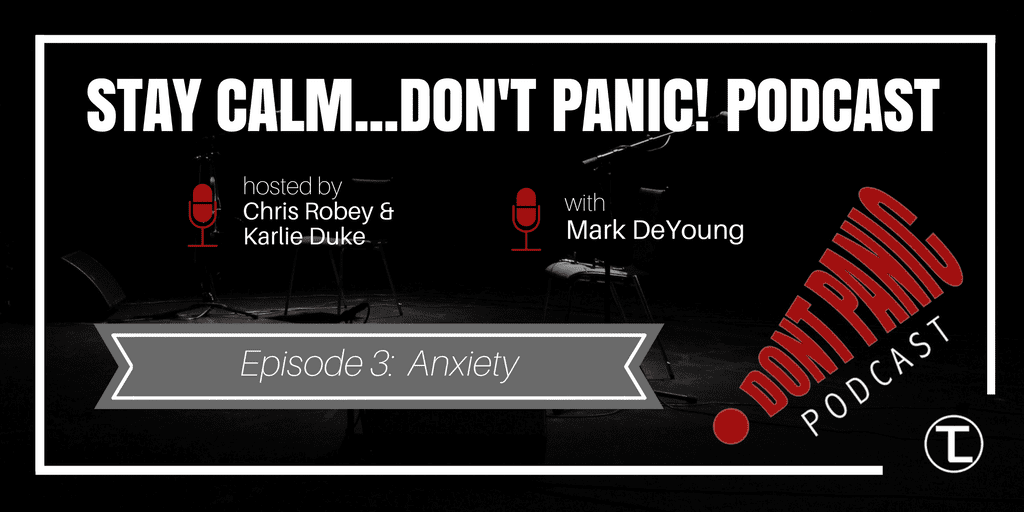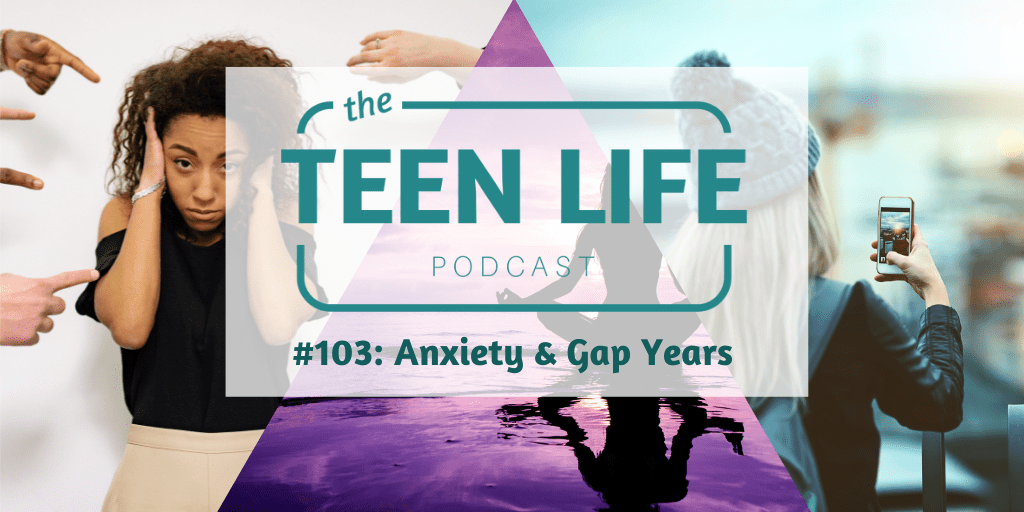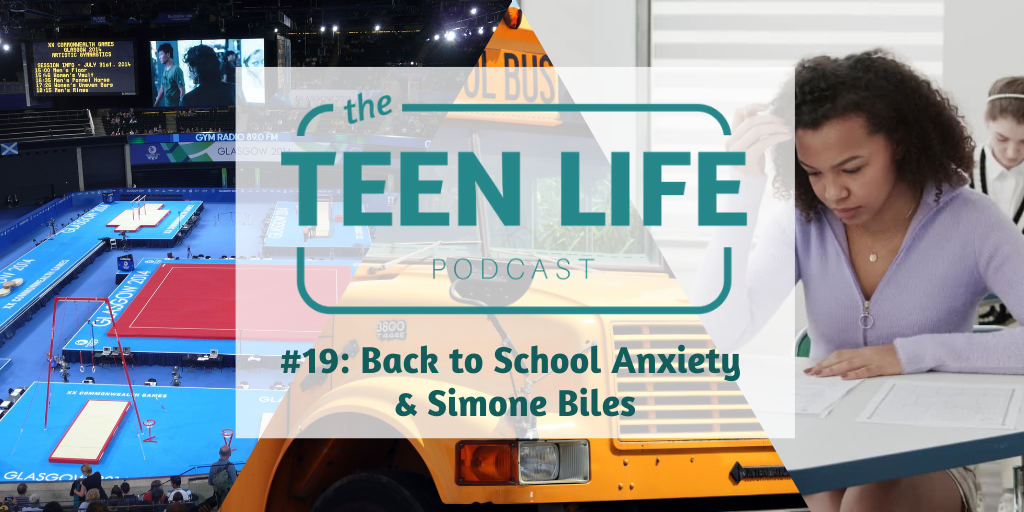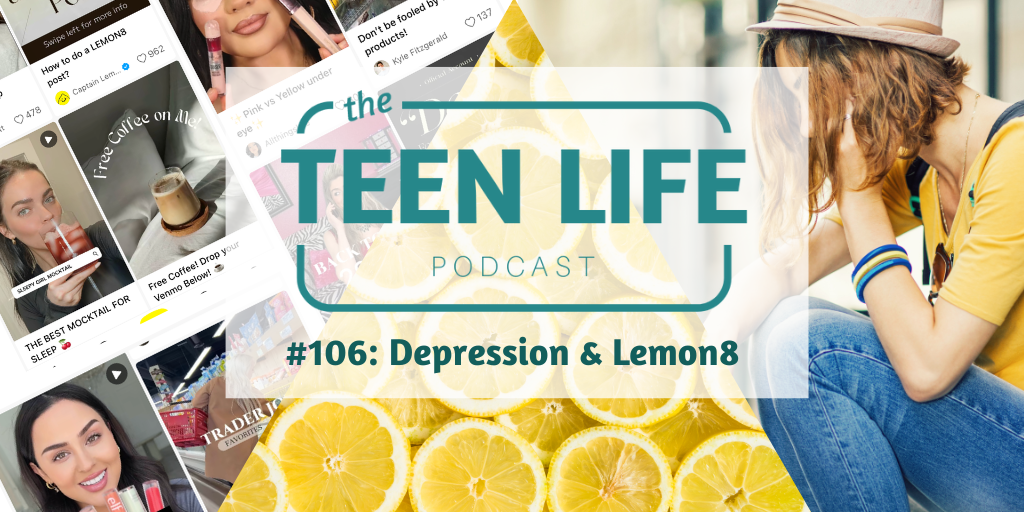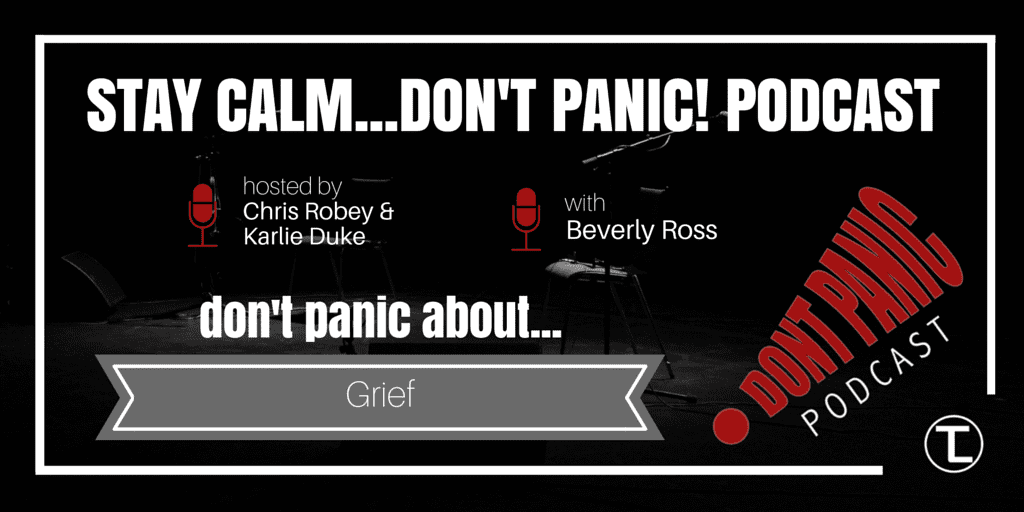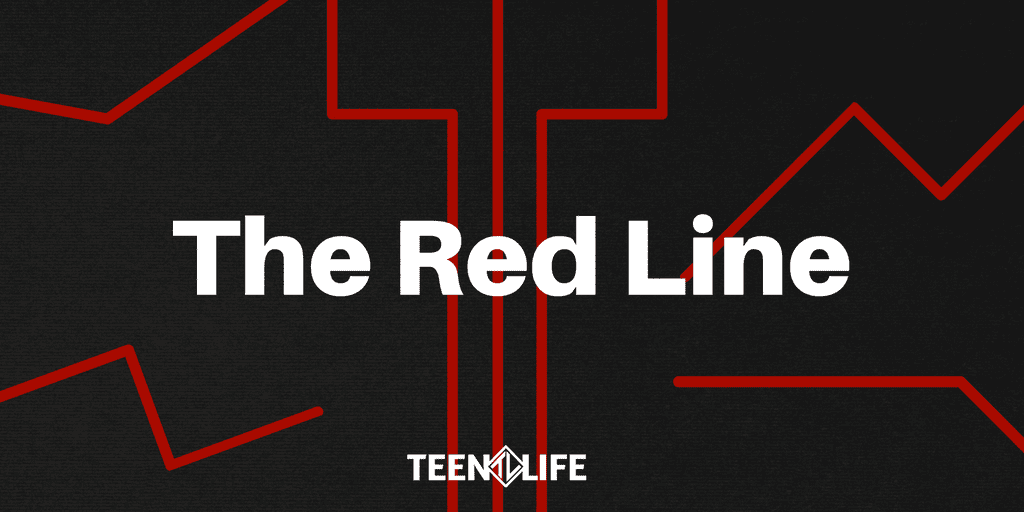
The Red Line
In 1934 as part of the New Deal, the government created the Home Owner’s Loan Corporation (HOLC) and the Federal Housing Administration with the goal of preventing foreclosures through mortgage refinancing. The Home Owner’s Loan Corporation (HOLC), a government sponsored lender, proceeded to draw maps of American cities to determine which areas were worthy of mortgage lending and which areas were too high-risk. The HOLC color coded communities into green, blue, yellow, and red areas. Each area came with a definition.
Green – “hot spots,” new, well planned sections of the city
Blue – completely developed areas – these areas were still good but not new
Yellow – areas in a transition period, characterized by age, lack of care
Red – “high-risk” areas predominately with residents of Color – labeled as areas with detrimental influences and poor maintenance– were considered undesirable areas
The term “redlining” was coined to explain this practice of denying loans and services based on a neighborhood’s demographic makeup. In 1968, the Fair Housing Act made these maps and practices officially illegal, but the long-term ramifications continue on 50 years later.
We, as parents, teachers, youth workers, or mentors have often grown up with “red lines” in our lives, especially those of us raised with a faith-based background. Red lines are topics, or even people, we aren’t sure we want to be involved with.
For example, ask those around you how sex education was handled in their home growing up. Based on those who I have asked, the answer was one of three things:
1. We just knew not to do it
2. We didn’t talk about it
3. In 5th grade health class.
A red line. An area too risky to walk into.
When we, as adults, walk on eggshells regarding certain topics, teens know. When we talk around topics, they pick up on it. Teens know walking on eggshells is a tool adults use to avoid the long-term ramifications of knowing the truth – to avoid the potential fallout associated with the truth. Teens know you aren’t willing to ask the hard questions and believe you aren’t willing to hear the true answers.
Here are a few topics that are commonly redlined by adults…
- Sex – You talk about sex, right? Talking about how bodies are changing and developing. Talking about respect for their body and for other’s bodies. Asking about impulse, self-control, and definitions of couples/partners. Asking if they are sexually active. Talking about consent and sexual assault.
- Suicide – When you suspect a child is struggling, are you direct? Asking, “Are you planning to kill yourself?” or “Are you planning to attempt suicide?” opens the door to keep people “safe for now” according to Living Works. Then ask follow-up questions such as, “Do you have a plan?” “When do you plan to kill yourself?” “Do you have access to ____ (whatever means needed to attempt suicide)?” “Have you attempted suicide before?”
- Drugs/Alcohol – Ask the direct question, “Have you been drinking?” or “Are you using drugs?” You can also ask, “What is your drug of choice?” or “How often do you use?” They might lie at first, but the ability to ask these questions opens the door for later conversations because they know you see them and you care.
- Mental Health Issues – Are you willing to ask about feelings of depression or anxiety? Are you willing to talk about their friends who may be struggling with these things? Ask youth if there is someone they are worried about.
What are the redlines in your past? How do they impact your interactions now? Who do you need to stop walking on eggshells around? What hard questions do you need to ask? What you choose today impacts the future.
**If you want to see these redlining maps or a picture of these ramifications, you can find more here.

